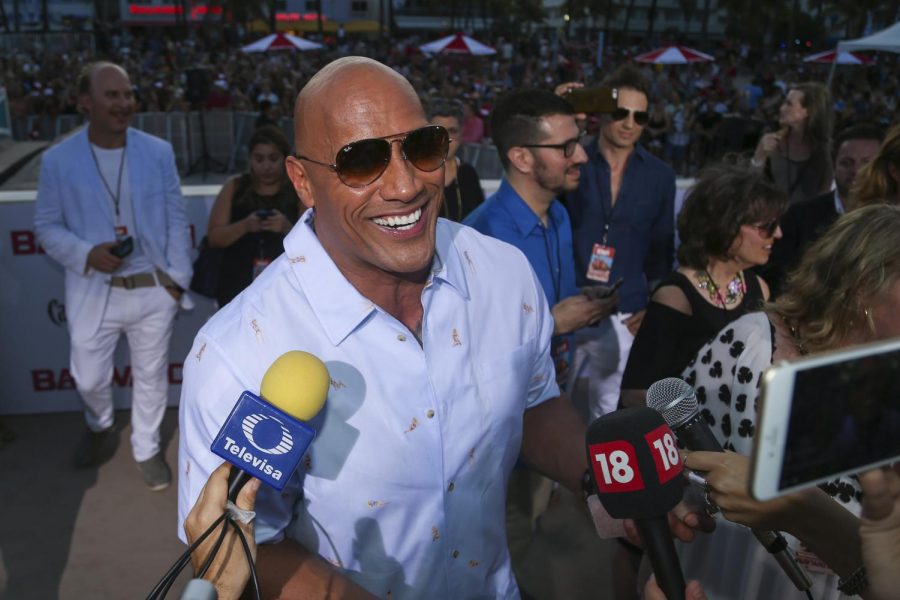We are at a point in time in which political experience is passé. According to a 2016 Gallup poll, Americans’ trust in politicians has decreased from 63 percent to 42 percent since 2004. As Americans become more and more convinced that their politicians are dishonest, they look to the underdog to restore trust in government institutions. In recent years, these underdogs are likely to be celebrities, and the underlying logic makes sense — we already know them, we like them and, if they inspire us enough, we can be pretty easily influenced to vote for them. The Atlantic notes that this trend of voting for the less-experienced candidate began in 1996, between national and state legislatures alike.
Cynthia Nixon, actress of “Sex and the City”, is hoping to cash in on this new priority of political “freshness” by running for governor of New York. Oprah Winfrey’s rousing and seemingly presidential speech at the Golden Globes in January led to excitement over a potential candidacy. Donald Trump took full advantage of this trend, and won the election in a campaign based on his status as a political outsider and his promises to “drain the swamp” of politicians in Washington getting nothing done.
In the landscape of politics, a familiar yet new face can be refreshing for voters. Celebrities become famous usually because they are experts in self-branding, an ability also vital for a successful political campaign. Celebrities can leverage their fame into the world of politics because although they may be inexperienced with working in politics, their world isn’t far from that of politicians. Many candidates use celebrity endorsements as tools to better their chances of winning. If a celebrity runs, they cut out the middleman and could hypothetically use their popularity to their advantage. As a result, stardom has become a direct gateway to the world of politics, with less of a risk than starting with smaller government jobs to gain experience — after all, if their campaign fails, they’ve at least gained publicity.
This has created a vicious cycle of deferring to celebrities as the next possible great leaders. But looking to a celebrity as a candidate is a result of our own laziness to search for a better candidate, and our standards for a good candidate are lower now than ever. While this has certainly worked out in the past and some celebrities have made successful transitions into the world of politics, it certainly doesn’t mean that anyone can do it. Taking on a job as far-reaching as that of president or governor should require at least some political background, and celebrities are seeming to disregard this more and more.
Several more inexperienced potential candidates have at least flirted with the idea of a campaign, such as Facebook CEO Mark Zuckerberg, Mark Cuban and Dwayne “The Rock” Johnson. While you may think some of these candidates are absurd now, remember that before the 2016 election, the general public was convinced that Trump wouldn’t even win the Republican nomination, let alone the presidency.
“We always like outsiders, and those used to be governors,” says Lee Miringoff, director of the Marist Institute for Public Opinion. “Now it’s Donald Trump — the ultimate outsider. The question is, after Trump or against Trump, do we want someone who has executive experience in government?”
To this, I think we absolutely need someone with more executive experience after Trump. To continuously leave the country in the hands of people who have no knowledge on how to be a politician is dangerous for our integrity as a nation. While celebrities are good at branding themselves, it doesn’t necessarily mean they will do the same for the country, and it’s not a good idea to keep experimenting to see if they will.
Lauren Sointu is a Collegian columnist and can be reached at [email protected].



















